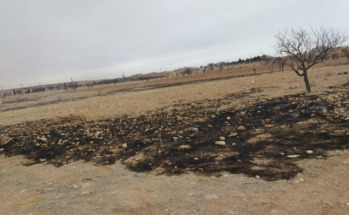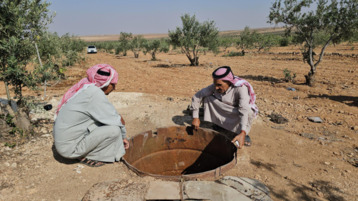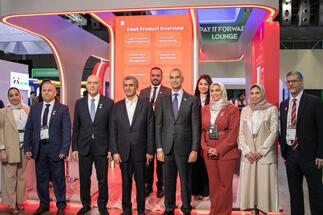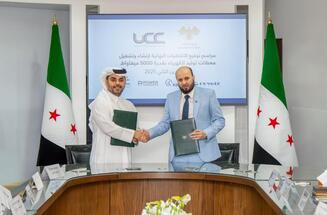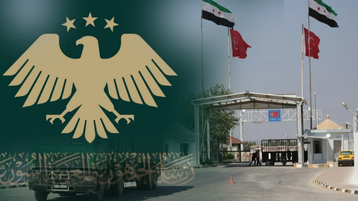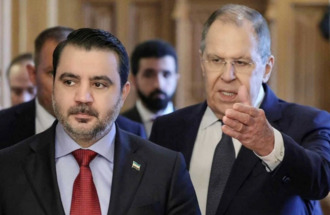-
The anniversary of the Universal Declaration of Human Rights
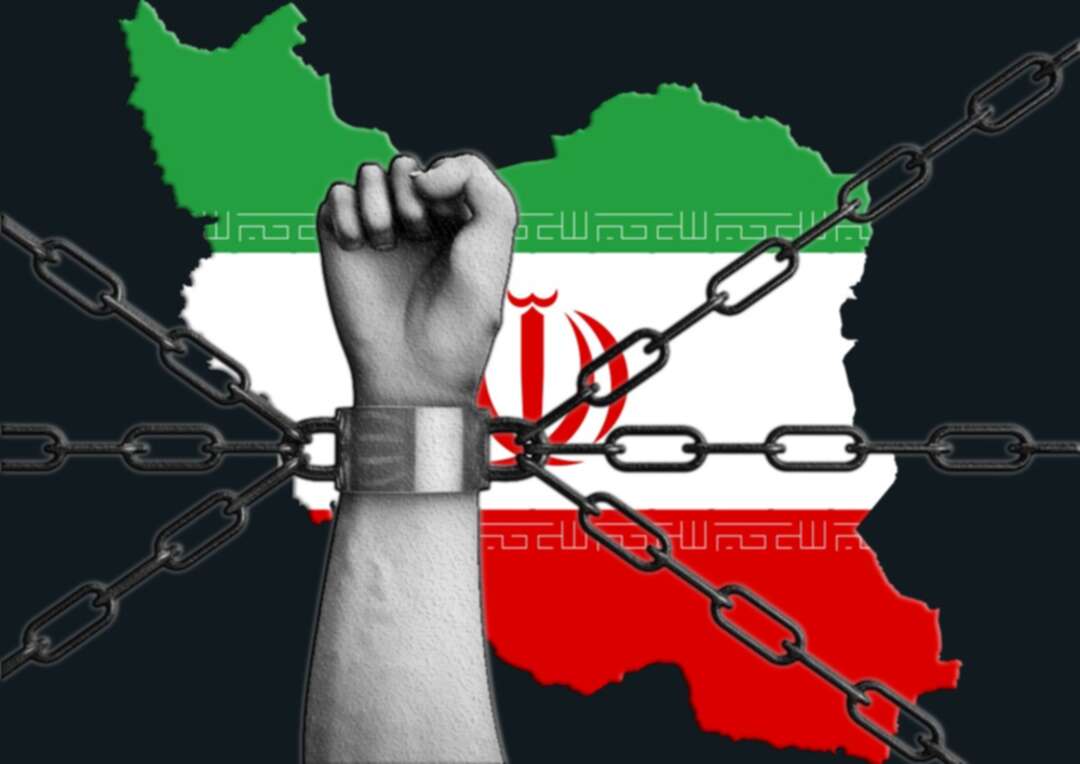
December 10, the anniversary of the adoption of the Universal Declaration of Human Rights by the United Nations, is designated as World Human Rights Day.
In Iran, we are approaching the 72nd anniversary of this International Day. Iranians, though, continue facing severe human rights violations, including the escalation of executions, the constant threat to freedom of thought and expression, harassment of student and labor activists, increasing pressure on ethnic groups, religious minorities, growing poverty, and much more. On the other hand, during a short period of time, the death sentences of five political prisoners, Navid Afkari, Saber Sheikh Abdullah, Diako Rasoulzadeh, and Hedayat Abdullahpour, Ruhollah Zam were carried out by the Iranian judiciary.
Trial and imprisonment of human rights activists, widespread violations of women's rights, continued detention and trial of dual nationals, poor prison conditions in the months following the Corona outbreak, inhumane punishments such as flogging, violation of the right to a fair trial of political activists, forced confessions of political prisoners on state television and depriving the detainees from access to medical facilities in prisons, have been a string of serious human rights violation in Iran over the past year.
Given the Iranian government's non-compliance with its international obligations and the continuing irresponsibility of human rights officials in the country regarding human rights abuses in the country, it can be estimated that the future of human rights in Iran will face serious challenges.
Unfortunately, in Iran, we are facing a comprehensive human rights crisis, and last year, as in previous years, we witnessed systematic and widespread violations of various rights, from civil and political rights to social, economic and cultural rights. At the same time, we have seen that those who commit serious human rights violations in Iran are still completely immune from punishment, and government officials are not accountable at all. There is no special mechanism to hold them responsible.
On the other hand, victims and survivors of serious human rights abuses are still deprived of their fundamental rights, including the right to justice and the right to truth. Instead of taking steps to show transparency and accountability and holding accountable those who have committed human rights violations, the Iranian authorities place pressure on the families of victims and human rights activists. For example, several human rights lawyers face criminal prosecution, threats, and harassment solely for defending their client's rights.
One of the leading areas of violation of people's rights in Iran is the right to access information. This right is guaranteed under Article 19 of the International Covenant on Civil and Political Rights and citizens' right to freely access information in connection with the right to freedom of expression.
Access to information is essential because it is one of the main tools to fight corruption and strengthen transparency, accountability and democracy in any country. Unfortunately, in recent months in Iran, we have witnessed severe violations of the right to freedom of expression.
Regarding the right of access to information, although apparently with the passage of the Law on Dissemination and Free Access to Information in Iran, this law is inefficient in many ways and has serious shortcomings. For example, this law provides many exceptions to the provision of information. On the other hand, the implementation of this law in Iran has been very slow. The institutions under the supervision of Ali Khamenei and the Iranian judiciary have exhibited little willingness to implement this law.
The right to access information in the context of the Corona epidemic is one of the most fundamental and essential rights that must be guaranteed in all countries of the world because information related to the outbreak of a virus and the ways to deal with it is crucial.
Unfortunately, in many cases, this right is not guaranteed in Iran.
The issue of cutting off citizens' access to the Internet has arisen in a very unprecedented way since the November 2019 nationwide protests began.
Iranian authorities have a history of disrupting the global Internet network since 2009, and during the 2019 uprising, the internet disruption reached a new alarming level. During the nationwide protests, the Internet was cut off for one week. With complete immunity and "in the dark," the Iranian government officials committed serious human rights abuses and committed international crimes.
According to Reuters, at least 1,500 people were killed by security and law enforcement forces in Iran while Iranian authorities had cut off public access to the Internet. The Internet cut-off allowed authorities to easily crackdown on protesters while reducing communication between protesters, and the ability to document for journalists and human rights organizations was severely curtailed. At the same time, now, a year after the complete and global internet outage in Iran, government officials continue to refuse to provide clear answers in this regard.
However, the actions of government officials in Iran raise concerns that in the event that citizens take to the streets in protest, the Internet may once again be disrupted or completely disrupted in Iran.
On the other hand, human rights activists in Iran, despite the danger they face, are trying to improve the human rights situation, and the families and survivors of victims of human rights violations, despite all the pressure, threats and danger of imprisonment, are trying to clarify the truth. They are determined not to give up on justice.
Unfortunately, even though the Iranian authorities are not taking any steps to improve the human rights situation and fulfill their international obligations, there is hope to see the situation would improve by continuing the activities of right groups inside the country and assistance from international human rights organizations.
By Cyrus Yaqubi
You May Also Like
Popular Posts
Caricature
opinion
Report
ads
Newsletter
Subscribe to our mailing list to get the new updates!

